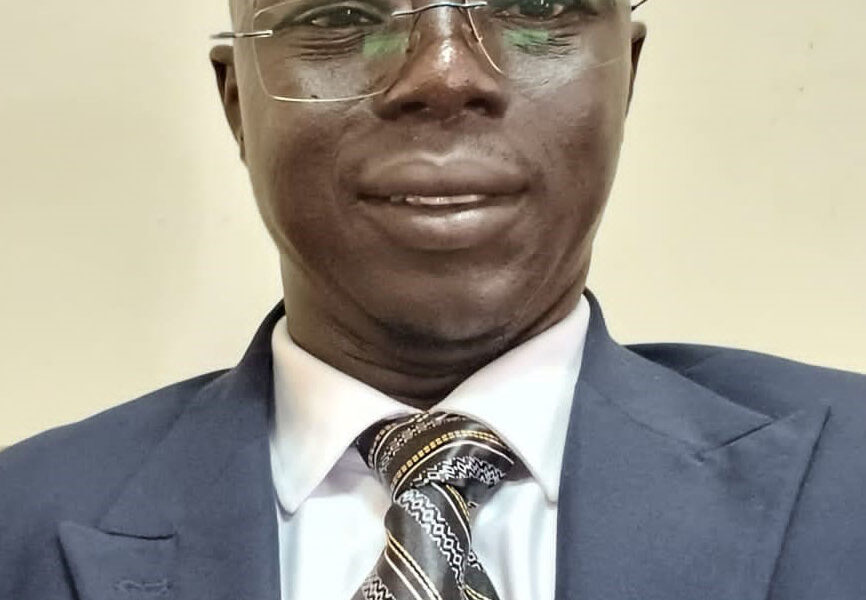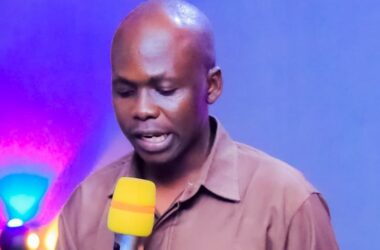By Khamis Kwaje Lubang
Land grabbing in South Sudan is a source of constant insecurity and so much detrimental to the social fabric within various communities especially in the capital city Juba, central Equatoria State.
If this trend land grabbing is not mitigated, the following will continue to be on the rise;
Displacement of Communities: Land grabbing often results in the forced displacement of local communities. As powerful individuals and other undefined corporations seize land for unclassified, or other commercial purposes, traditional landholders are often forcibly removed at gunpoint. This displacement in many occasions leads to loss of innocent lives, livelihoods, disrupts familial and social networks, and creates a sense of insecurity among affected populations. The case in point Ladu payam of Juba County, Gumbo sherikat and Mangala areas to mention a few.
Increased Conflict: In South Sudan, where land is already a contested resource, the grabbing of land can lead to heightened tensions between different ethnic groups and communities. In many times the struggle for access to land has triggered violent conflicts, exacerbating existing societal divisions and instabilities. To add salt to the injury the competition over natural resources became a catalyst for violence and further fragmentation of communities.
Erosion of Traditional Land Rights: Land grabbing undermines the traditional systems of land tenure that many communities depend on. In South Sudan, land is often viewed as a communal resource, and the encroachment by outsiders disregards this cultural understanding. The erosion of communal land rights not only threatens local customs and governance but also diminishes social cohesion. “Caution” the land Art needs to be subjected into critical analysis and it should be people’s driven not a few clicks interest.
Economic Inequality: Existence of Land grabbing tends to favor the powerful elites and the undefined corporations, leading to increased economic inequality. The concentration of land and resources in the hands of a few with some hidden agendas under their belt exacerbates poverty among marginalized groups, fueling resentment and social unrest. Such economic disparity destabilizes communities creating environments ripe for endless conflicts.
Weak Governance and Rule of Law: Honestly speaking the high prevalence of land grabbing in South Sudan and Juba City in particular are very serious indicators of weak governance and a lack of legal safeguards to protect vulnerable populations. Corruption and a lack of enforcement mechanisms can enable land grabs, further undermining trust in government institutions and the rule of law. If not fixed this weak governance system exacerbates grievances which can eventually one day lead to civil unrest.
Impact on Food Security: As land is forcefully taken or grabbed by some powerful individuals or organised elites for motives better known to them or other uses, local populations may lose access to their traditional farming lands. This not only threatens food security for communities that depend on subsistence farming but can also lead to increased reliance on food imports, which is unsustainable and can create further economic strain.
Cultural Dissonance: Land in actual perspective is often woven into the cultural and historical identity of communities in South Sudan. When lands are appropriated, this disrupts cultural practices, rituals, and community ties that depend on the land. The sense of belonging to a particular place is eroded, leading to cultural dislocation and loss.
In my summary, land grabbing in South Sudan acts as a “deadly weapon” to the social fabric by displacing communities, provoking conflict, eroding traditional land rights, exacerbating economic inequality, undermining governance, threatening food security, and causing cultural dislocation. These elements combine to create a vicious cycle of instability and insecurity within the nation and Central Equatoria State as the leading State where such criminal acts of illegal Land acquisition is on the rise.
The writer is a member of parliament Central Equatoria State.




